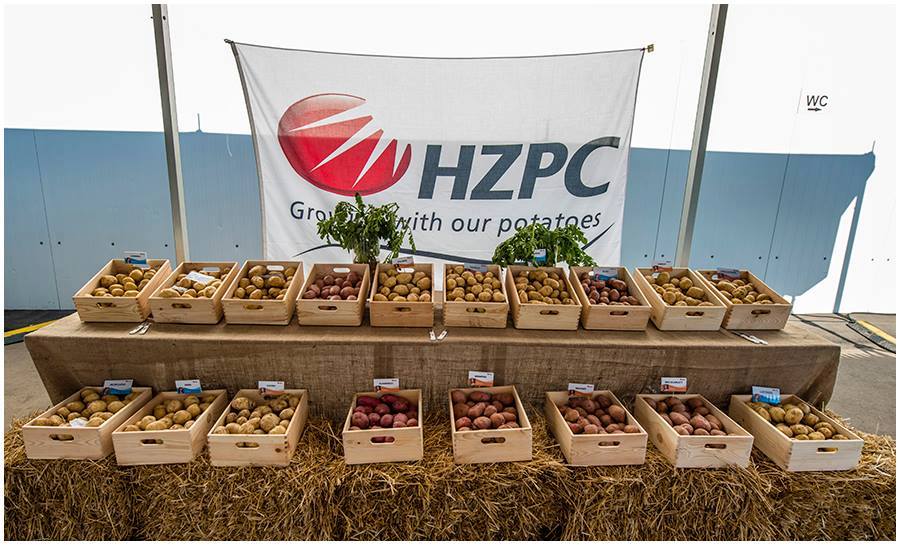Potato breeder HZPC believes that old EU legislation should make way for new techniques for plant breeding. The potato trading house therefore embraces the conclusions of the European Commission study on new genomic techniques.

he findings of this study show that the European Commission and EU Member States need to take urgent action so that products derived from innovative plant breeding methods can be approached differently. The study emphasizes that plants obtained by new genomic techniques (NGTs) can potentially contribute to a more sustainable food system.
Director Gerard Backx of HZPC: ‘As HZPC has always argued, this study recognizes that these new techniques create plant cultivation solutions for more sustainable food production, because they enable growers to make plants more resistant to disease and give them other important characteristics in a short period of time. . According to this study, the more than 20 years old legislation on genetically modified organisms should not be used to regulate these new genomic techniques, as it is inconsistent with the scientific progress made. If EU policymakers apply this vision, the EU will be more in line with the vision in many other parts of the world. ‘

Adverse effects
European legislation prevents growers from using new genomic techniques, which has negative consequences for the environment. This is especially important for a crop such as the potato. ‘With the classic technologies, growers can only make slow genetic progress for this crop. There is a lot of demand for a faster genetic gain, ‘says Backx.
• Read also: Farmers’ organizations happy with revision of GMO rules
The potato is the third most important food crop in the world and is grown on all continents and in all conditions. In addition, this crop produces the most food with the least water consumption.






